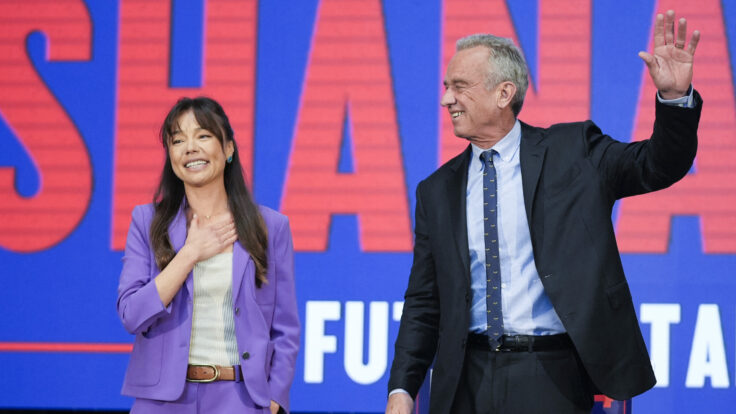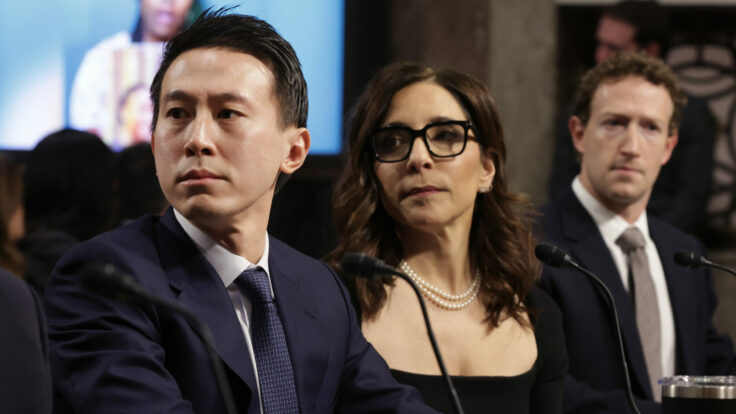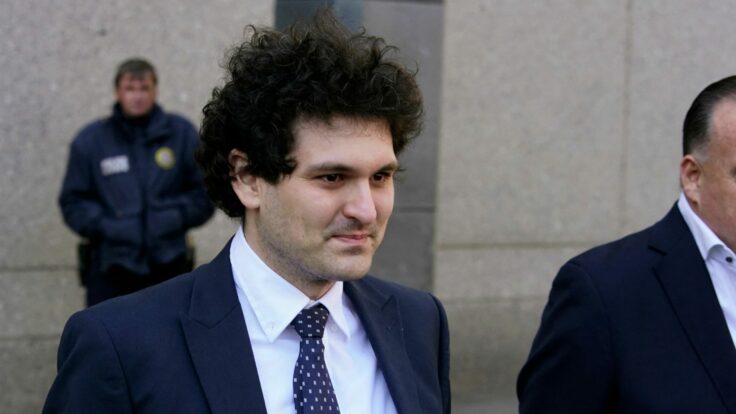It was impressive how quickly the crypto industry rallied after Congress unexpectedly put digital currencies in the crosshairs. Congress wanted to create some onerous tax reporting requirements as part of a hunt to find money to finance Biden’s infrastructure package. That’s when tech moguls who generally conserve their political capital decided to mobilize. Jack Dorsey sent word to his 6 million followers. Marc Andreessen and Ben Horowitz wrote to Chuck Schumer and Mitch McConnell. The crypto industry doesn’t just now have inside-game lobbyists, but also big personalities that can sound the alarm to their followers.
It looked for a moment on Monday like crypto-friendly lawmakers had reached a compromise regarding what constitutes a crypto “broker.” Then, late Monday afternoon, the compromise was rejected, which means advocates must now appeal to the House to walk back the regulation. No matter the law that emerges, it’s clear that both Washington and crypto now take one another seriously: Crypto activists often speak of a world in which decentralized finance disempowers governments and central banks, but the battle over the infrastructure bill is a reminder that back here on Planet Earth, lawmakers can’t be ridiculed or minimized. And for lawmakers, the crypto market has become too big and too volatile to be dismissed as some zany science project. S.E.C. chairman Gary Gensler recently called crypto the “Wild West” and vowed to crack down on “fraud, scams and abuse.” Neither side can afford to ignore each other anymore.
The upshot should be a surge in political activity by crypto billionaires. “I’ve learned a lot about super PACs this week,” tweeted early crypto investor Barry Silbert as the amendment debate unfolded. That could very well just be some saber-rattling, for sure, but there’s a whole crypto industry—from young, ascendant mega-donors like Bankman-Fried to anti-establishment HODLers—that both parties will try to court as their voters.













